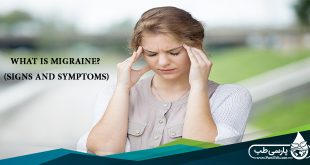behavioral)?What are anorexia symptoms and signs (psychological and Anorexia can have dangerous psychological and behavioral effects on all aspects of an individual’s life and can affect other family members as well.
The individual can become seriously underweight, which can lead to depression and social withdrawal.
The individual can become irritable and easily upset and have difficulty interacting with others.
Sleep can become disrupted and lead to fatigue during the day.
Attention and concentration can decrease.
Most individuals with anorexia become obsessed with food and thoughts of food. They think about it constantly and become compulsive about eating rituals. They may collect recipes, cut their food into tiny pieces, prepare elaborate calorie-laden meals for other people, or hoard food. Additionally, they may exhibit other obsessions and/or compulsions related to food, weight, or body shape that meet the diagnostic criteria for an obsessive-compulsive disorder.
Other psychiatric problems are also common in people with anorexia nervosa, including affective (mood) disorders, anxiety disorders, and personality disorders.
Generally, individuals with anorexia are compliant in every other aspect of their life except for their relationship with food. Sometimes, they are overly compliant, to the extent that they lack adequate self-perception. They are eager to please and strive for perfection. They usually do well in school and may often overextend themselves in a variety of activities. The families of anorexics often appear to be “perfect.” Physical appearances are important to them. Performance in other areas is stressed as well, and they are often high achievers.
While control and perfection are critical issues for individuals with anorexia, aspects of their life other than their eating habits are often found to be out of control as well. Many have, or have had at some point in their lives, addictions to alcohol, drugs, or gambling. Compulsions involving sex, exercising, housework, and shopping are not uncommon. In particular, people with anorexia often exercise compulsively to speed the weight-loss process.
All of these features can negatively affect one’s daily activities. Diminished interest in previously preferred activities can result. Some individuals also have symptoms that meet the diagnostic criteria for a major depressive disorder
 Parsi Teb Physical and Mental Health Journal
Parsi Teb Physical and Mental Health Journal 



